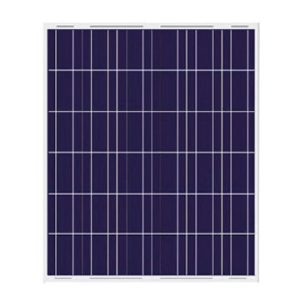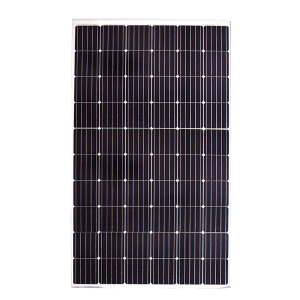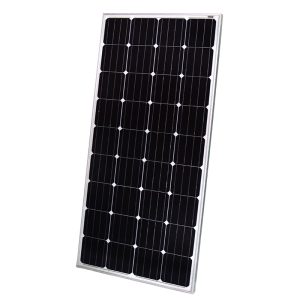If you’re considering installing a solar energy system for your home, you may be wondering how to calculate the number of solar panels you need. Solar panels are rated based on their output, which is measured in watts. The more watts a solar panel has, the more electricity it can generate. In this article, we will explore the significance of one solar panel watt and how to determine the number of solar panels you need.
What is One Solar Panel Watt?
One solar panel watt is a measure of the amount of electricity that a solar panel can produce under ideal conditions. The actual power output of a solar panel can vary based on factors such as weather, shading, and the angle of the sun. On average, a typical solar panel has a wattage rating between 250-400 watts.
How to Calculate the Number of Solar Panels You Need
To determine the number of solar panels you need, you’ll need to consider several factors, including your energy consumption, your location, and the size of your roof. Here’s a general formula that can help you estimate the number of solar panels required:
– Calculate your average daily energy consumption in kilowatt-hours (kWh) by reviewing your electricity bills from the past year.
-
Divide your average daily energy consumption by the average number of peak sun hours in your location. You can use online tools or consult with a professional solar company to determine the peak sun hours in your area.
-
Multiply the result by the efficiency rating of the solar panel you plan to use. This information is usually provided on the product specification sheet.
-
Finally, divide your total energy requirement by the wattage rating of the solar panel to calculate the number of panels you need.
Factors that Affect the Number of Solar Panels You Need
Several factors can affect the number of solar panels you need, including:
– Energy usage: The more energy you consume, the more solar panels you will require to meet your needs.
-
Sunlight: The amount of sunlight your location receives impacts the number of solar panels you need. If you live in a region with fewer peak sun hours, you may need more panels to generate enough electricity.
-
Panel efficiency: The efficiency rating of a solar panel determines how much electricity it can produce. If you opt for more efficient panels, you may be able to achieve your energy goals with fewer panels.
-
System size: The size of your solar energy system also affects the number of panels you need. If you have a smaller roof, you may need to choose smaller panels or install fewer of them.
Conclusion
One solar panel watt plays a crucial role in determining the number of solar panels you need. By factoring in your energy consumption, your location, and the size of your roof, you can estimate the number of panels required for your specific needs. Consider consulting with a professional solar company, such as Solar Exporters or Solar Exporters, for a more accurate estimate and guidance on choosing the right solar panels for your home. With this information, you can make an informed decision and take a step towards energy independence while reducing your carbon footprint.
What does 1 solar panel watt mean?
One solar panel watt refers to the unit of power output that a single solar panel can produce under laboratory conditions. The actual power generation of a solar panel can vary depending on factors such as weather conditions, orientation, and shading.
How much electricity will 1 solar panel watt produce?
The amount of electricity that 1 solar panel watt can produce varies depending on several factors, including the efficiency of the solar panel itself, the geographic location of the solar panel, and the amount of direct sunlight it receives. On average, a 1 kW solar panel system can produce about 4 kWh of electricity per day.
How many solar panels do I need for my home?
The number of solar panels needed for a home depends on the home’s energy usage and the size of the solar panels being used. A typical home in the US uses around 10,000 kWh of electricity per year, so a 5 kW solar panel system (which consists of around 15-20 solar panels, depending on the panel’s wattage) could produce up to 7,000 kWh of electricity per year, depending on the location and other environmental factors. A professional solar installer can help determine the optimal number of panels for your home.



